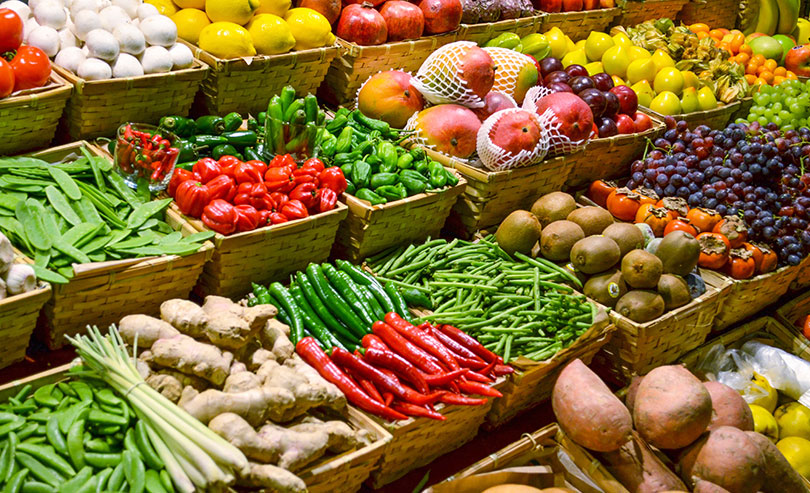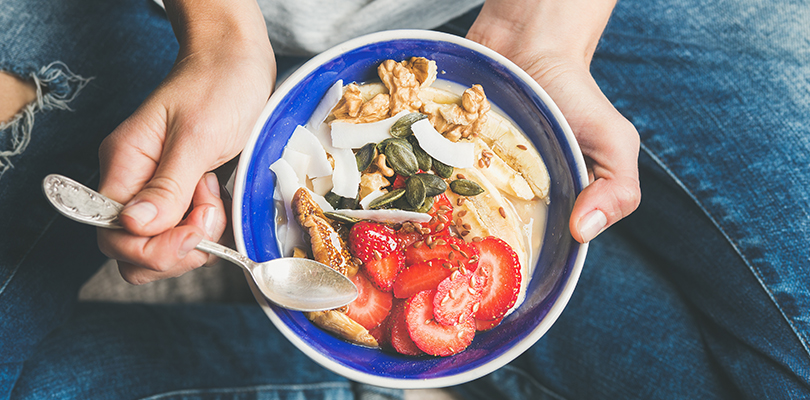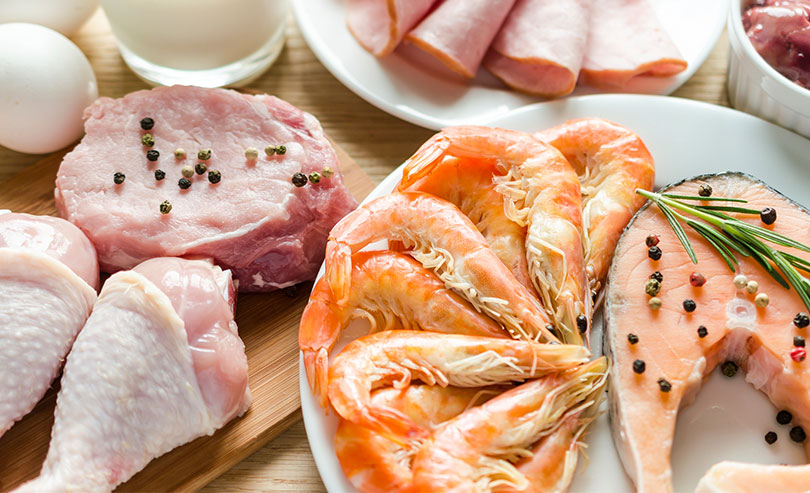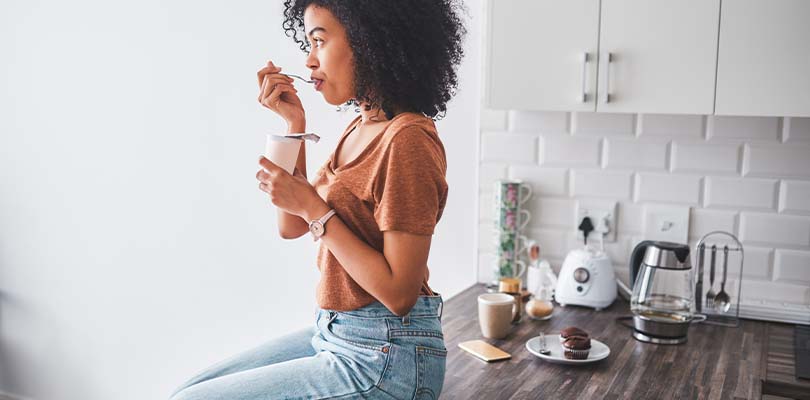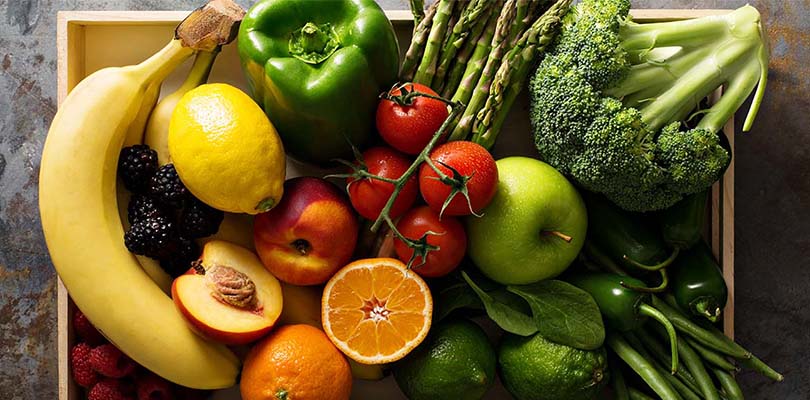Common Triggers of IBS
Although the exact cause of IBS is not known.
There are various triggers that contribute to the development or aggravation of the symptoms.
1. Certain Food and Drinks
Some foods are more likely than others to cause symptoms. For example, food and drinks that dehydrate your body will be more likely to be associated with constipation-predominant IBS.
Beverages with caffeine like coffee, black tea, and energy drinks, chocolate, dairy foods with high amounts of lactose like milk, some cheese products and sour cream, red meats, and alcohol are all dehydrating your body. To avoid problems, you should consume these foods and drinks in moderation and drink plenty of water. Alcohol should be eliminated completely from your diet if possible, because it also irritates the digestive tract, aggravates bloating and abdominal pain, and triggers new symptoms (i.e. heartburn, more food sensitivities).
Fatty foods are another group of foods that may cause digestive symptoms in IBS sufferers, especially diarrhea. Therefore fatty dairy products such as milk, cheese, sour cream, buttermilk, ice cream should be replaced with low fat products, or non-dairy alternatives such as almond, rice or coconut milk, nut butters, tofu or tempeh. Fried foods are also fattier, so try to bake or boil food rather than frying it.
Other foods cause diarrhea only when ingested in large quantities, but are safe to be consumed in smaller amounts – like bananas.
Foods that contain high amounts of certain sugars (i.e. fructose, lactose, fructans, galactans and polyols) are more likely to cause diarrhea and other IBS symptoms. The low FODMAP diet is based on the principle of reducing intake of foods that contain high amounts of these sugars. Foods high in fructose include apples, pears, watermelon, honey, artificial sweeteners, high fructose corn syrup (HFCS), artichoke, asparagus, peas and beans, wheat, rye and barley. HFCS is found in most processed foods, not just cakes and pastries.
Luckily, you can enjoy many other fruits (i.e. blueberries, cantaloupe, rhubarb, orange, tangerine, raspberries, strawberries, pineapples), vegetables (alfalfa, bell peppers, tomatoes, spinach, kale, radishes, pumpkin, eggplant, zucchini), whole grains like quinoa, rice, oats, tapioca. Supplementation with probiotics can also help reduce diarrhea and bloating.
You should be aware that not all the foods listed above will trigger symptoms in all individuals with IBS. Keeping a food journal could help you find which ones are bad, and which are safe to eat.
Resources
Stanford Healthcare (The Low FODMAP Diet)Medical Daily: Menstrual Cramps (6 Home Remedies)MedicineNet.com (IBS Triggers and Prevention)National Center for Biotechnology Information (Intervention to increase physical activity in irritable bowel syndrome shows long-term positive effects)Irritable bowel syndrome is a digestive disorder that can cause pain and bloating. Here you will discover irritable bowel syndrome causes.
